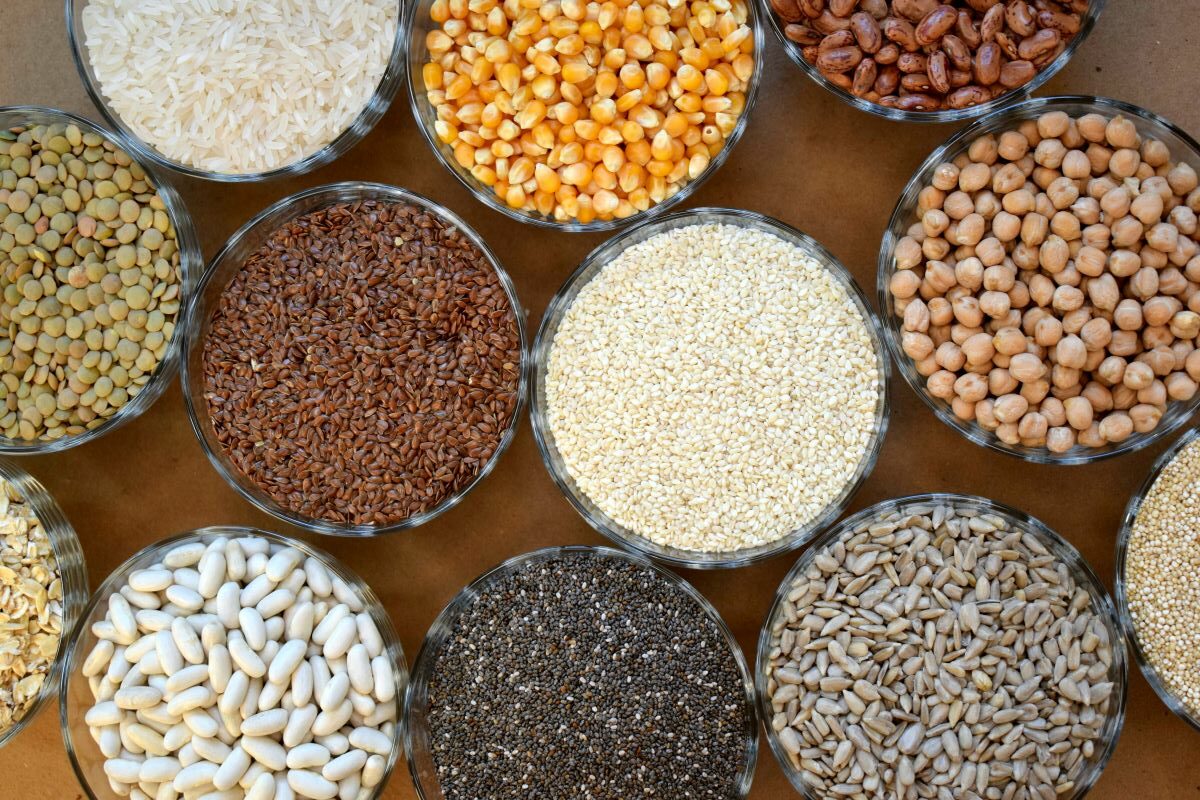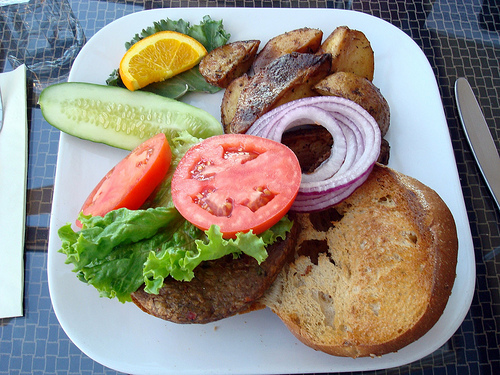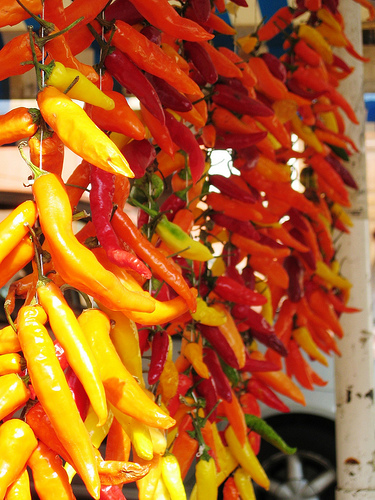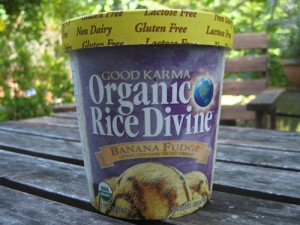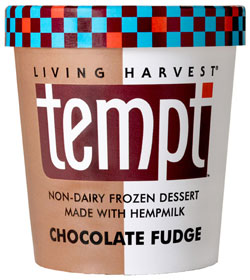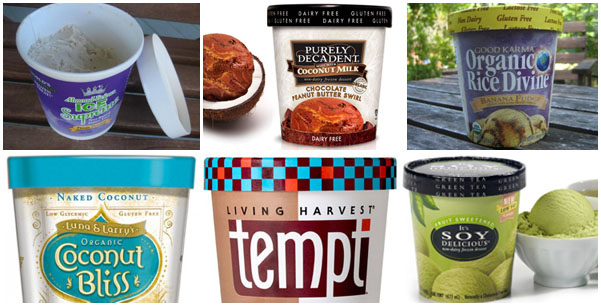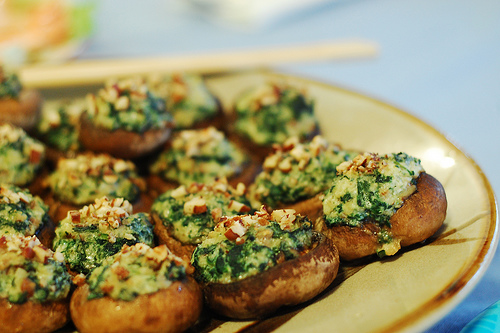Table of Contents
Vital to human health, zinc is an essential trace mineral that plays numerous roles in our bodies. It aids in everything from immune function and wound healing to cell growth and hormone regulation.
Despite its importance, sourcing sufficient amounts of zinc on a vegan diet can be challenging due to the lower bioavailability of zinc from plant-based foods. However, a well-planned vegan diet can provide you with all the necessary zinc.
Zinc’s Importance for the Body
Zinc plays various roles in maintaining health and well-being throughout the body. It’s involved in numerous physiological functions, acting as a catalyst for over 300 enzymes involved in metabolism, digestion, nerve function, and many other processes.
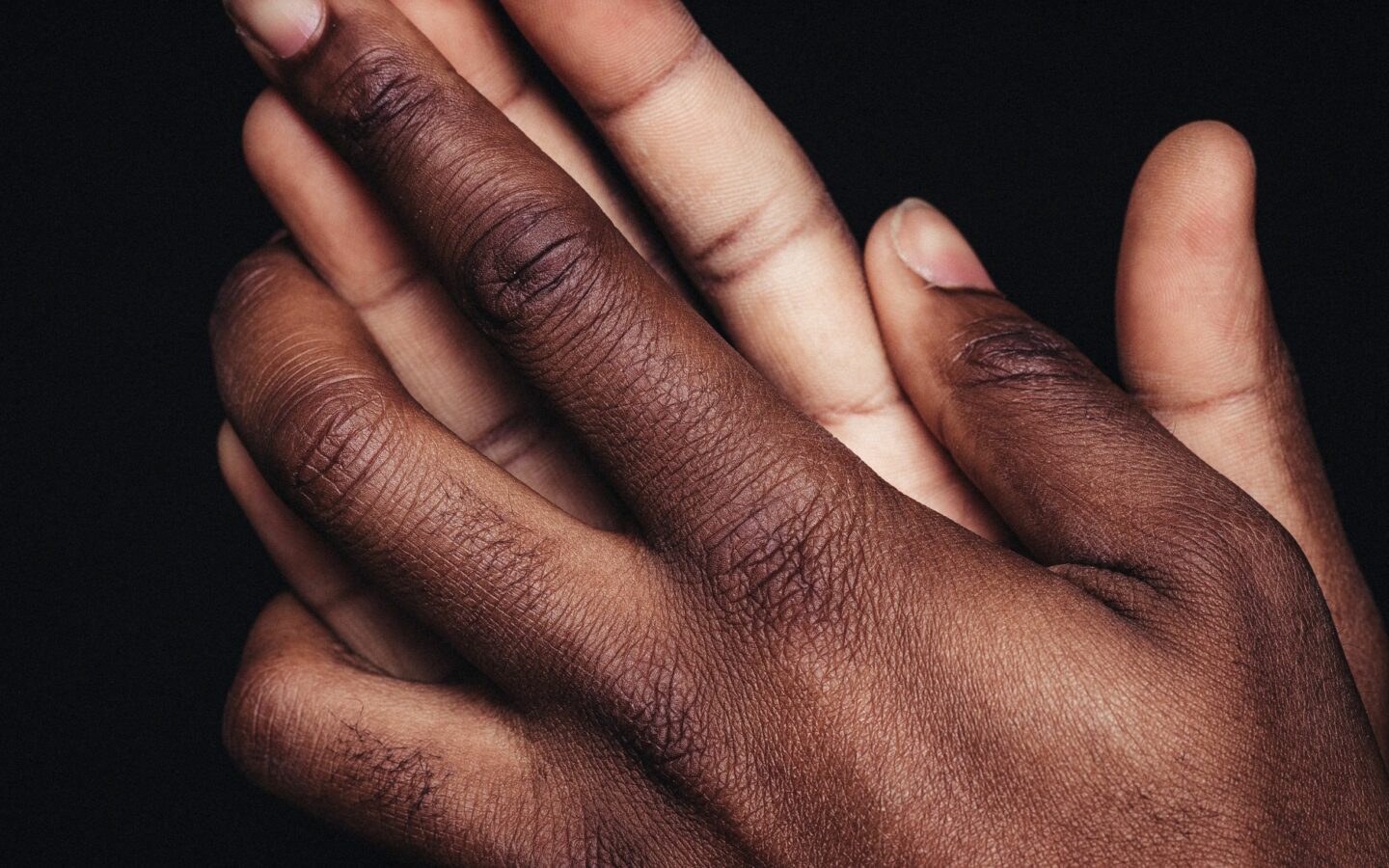
Skin Health
One of zinc’s most recognized roles is in skin health. It supports wound healing and reduces inflammation, helping to maintain the integrity of the skin and mucous membranes. It also plays a role in collagen synthesis, essential for skin repair and regeneration.
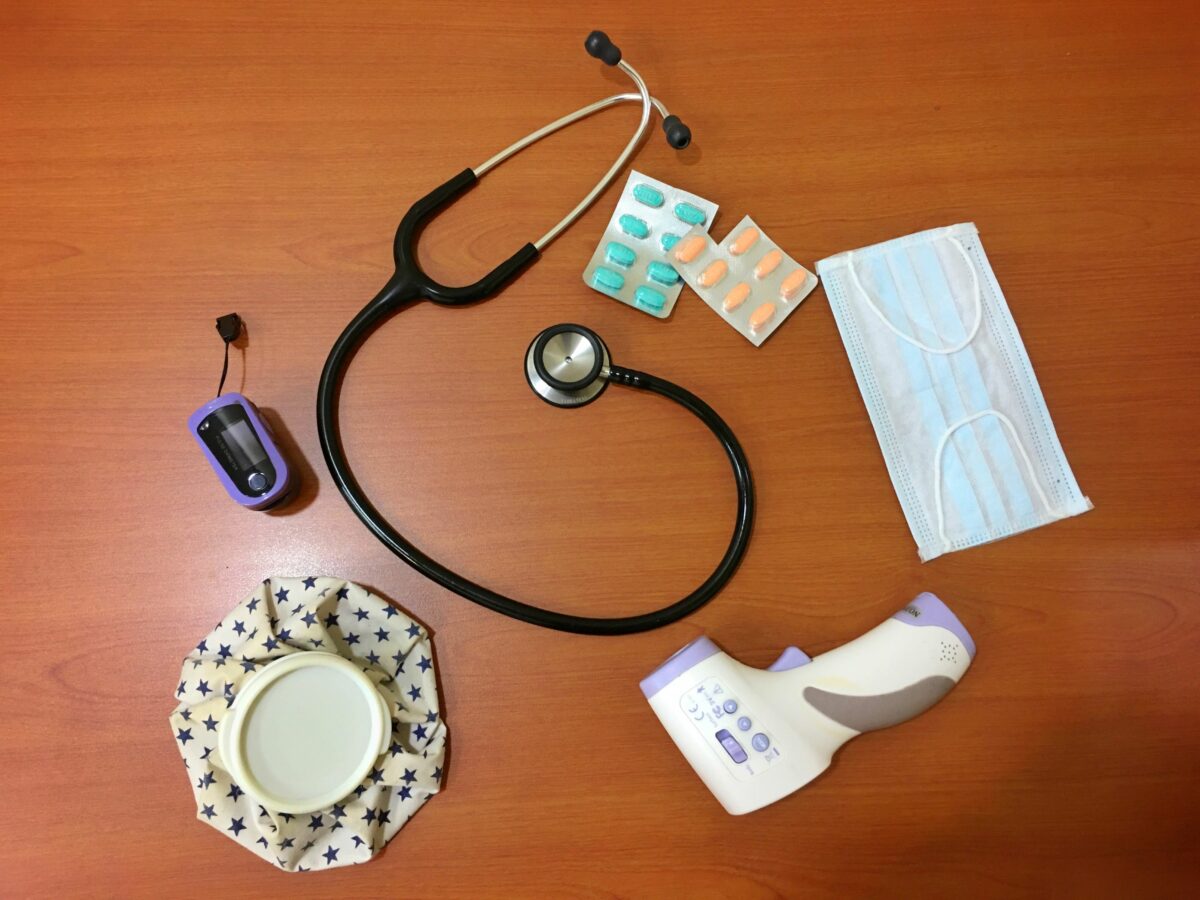
Immune Function
Zinc also plays a crucial role in maintaining a healthy immune system. It is essential for the growth and function of immune cells, such as T lymphocytes and white blood cells, which help to fight off bacteria, viruses, and other pathogens.
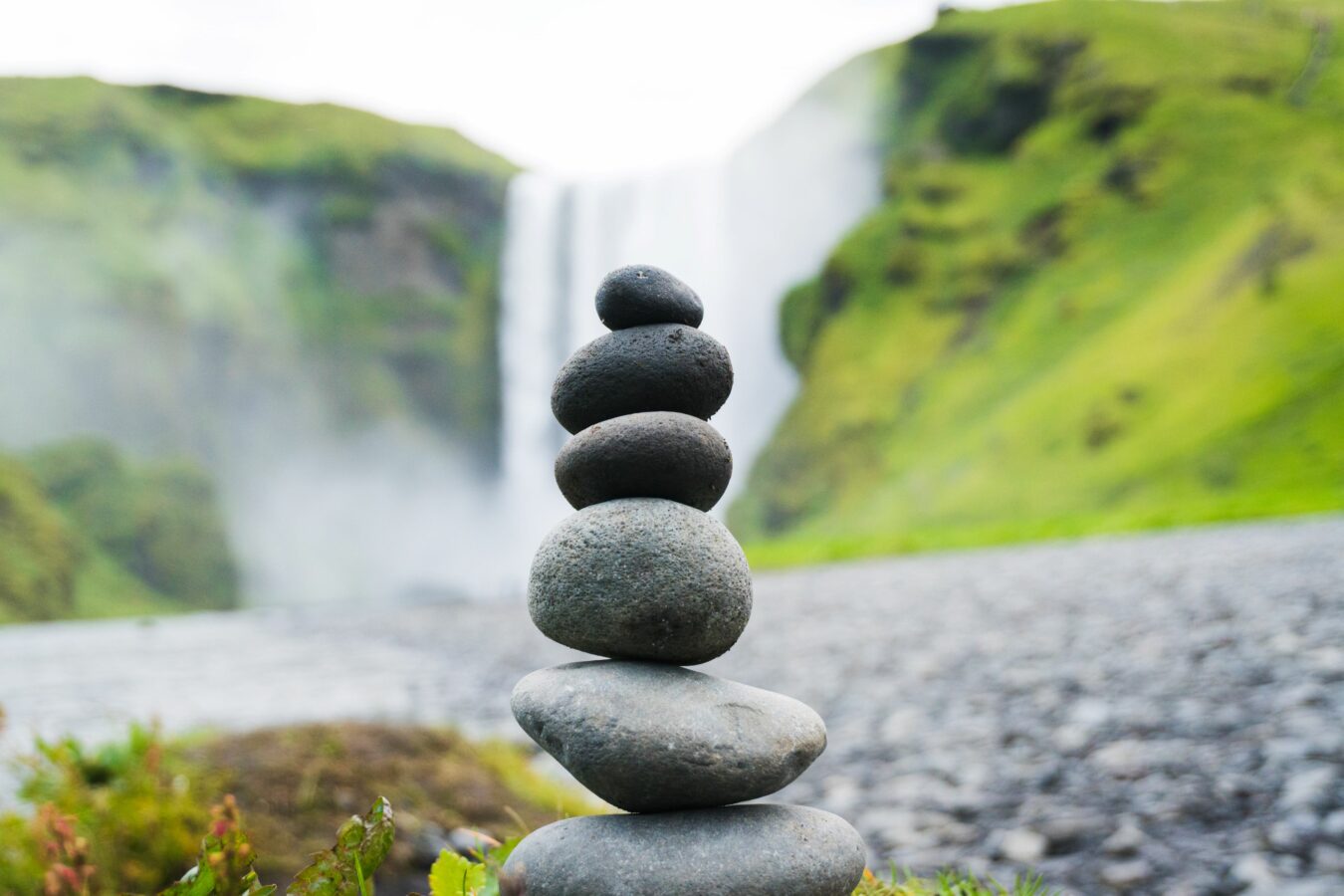
Hormonal Balance
This essential nutrient aids in regulating various hormones, including those involved in growth, immunity, and fertility. Zinc is critical for the production of testosterone, a hormone that impacts both men’s and women’s fertility and sex drive.
Vegan Food Sources of Zinc
While it is true that animal products often contain high amounts of bioavailable zinc, there are plenty of plant-based foods rich in this essential mineral. Vegans can meet their daily zinc requirements through a balanced diet, made up of diverse food sources.
Legumes and Pulses
Legumes and pulses, which include lentils, chickpeas, and various types of beans, are excellent sources of zinc for those following a vegan diet.
Moreover, peas, especially green peas, contain several essential minerals, including zinc. One cup of cooked green peas contains about 1.2mg of zinc and plenty of other beneficial nutrients like vitamins A, C, K, and several B vitamins.
They are packed with this essential mineral and provide a good amount of protein and fiber, contributing to overall good health and wellbeing.
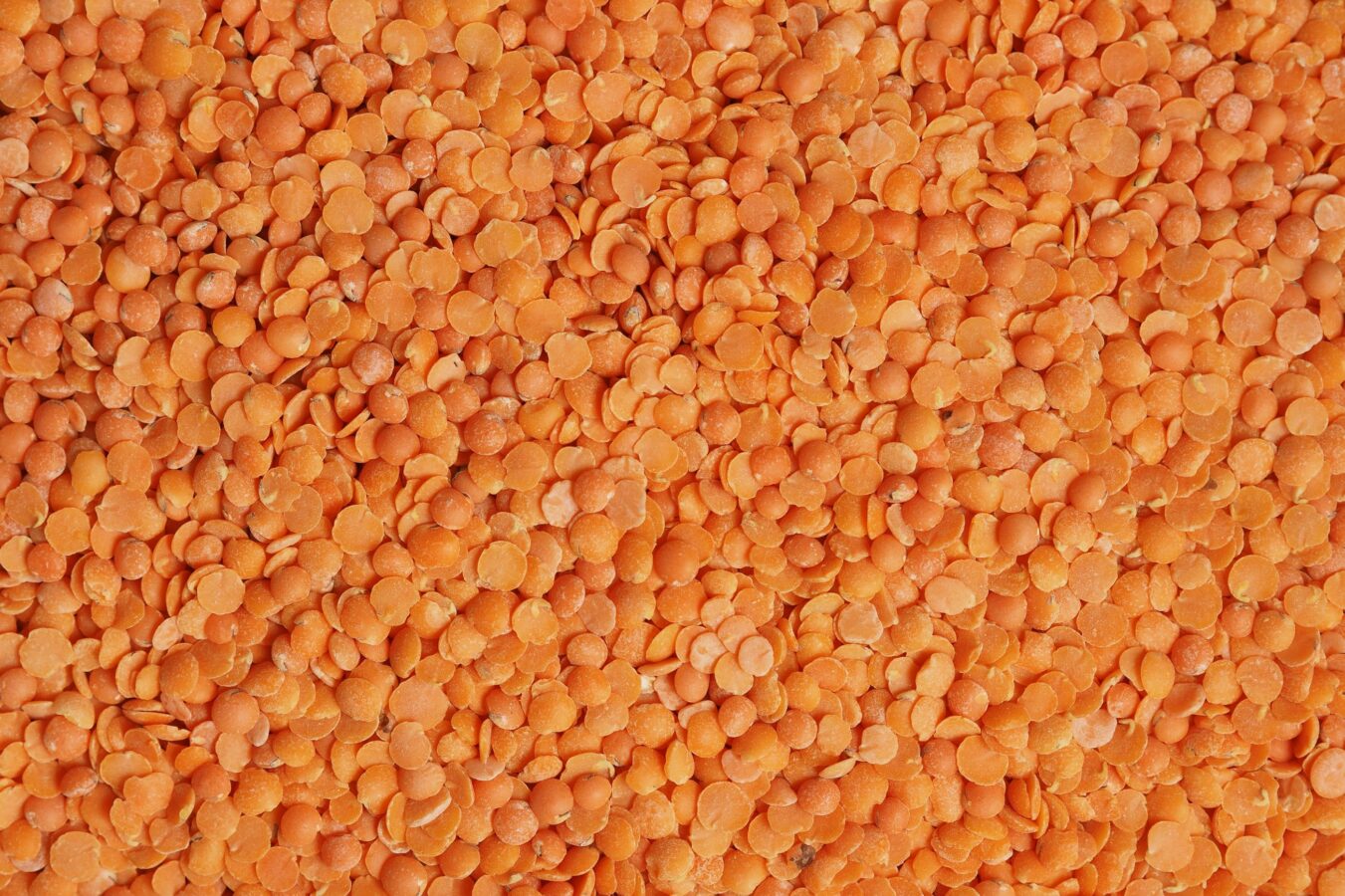
Lentils
Just one cup of cooked lentils contains about 15% of the recommended daily Intake of zinc. They are also rich in iron and fiber, making them a nutritious addition to any meal.
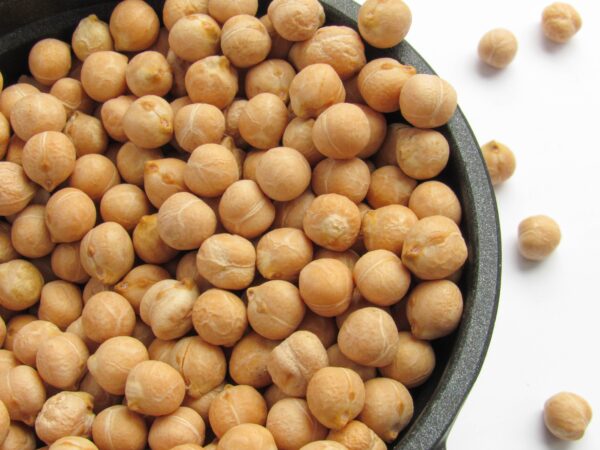
Chickpeas
Also known as garbanzo beans, chickpeas contain around 12% of the recommended daily intake per cup. They are a versatile ingredient, ideal for dishes like hummus, salads, and curries.
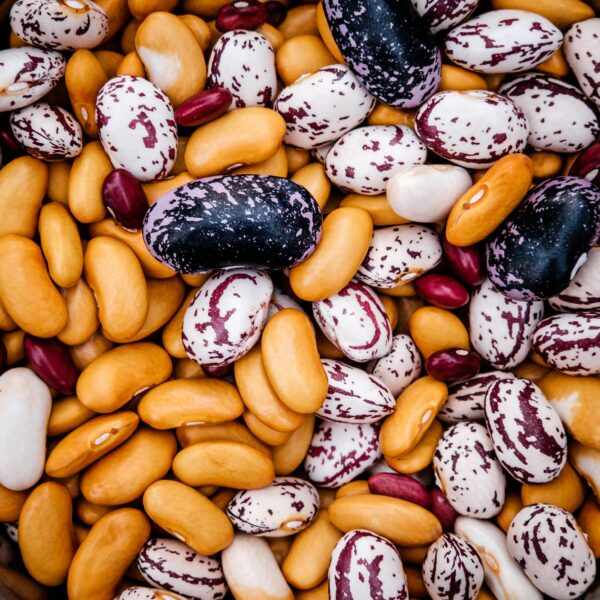
Beans
Different types of beans, including kidney beans, black beans, and even baked beans, offer a good amount of zinc. For example, a cup of cooked black beans provides about 13% of the recommended daily intake.
Whole Grains
Whole grains are another important source of zinc in a vegan diet. Unlike refined grains, whole grains retain all parts of the grain — the bran, germ, and endosperm.
Furthermore, wheat, particularly its outer layer or the wheat germ, is rich in zinc. About 28g of wheat germ provides about 3.2mg of zinc. You can add wheat germ to your diet by sprinkling it on your cereal, salads, or yogurt, or using it as a topping for cooked dishes.
Remember, the phytic acid found in plant foods like legumes and whole grains can inhibit zinc absorption. Soaking, sprouting, or fermenting these foods before eating can help increase bioavailability. Combining these foods with vitamin C can also aid in zinc absorption.
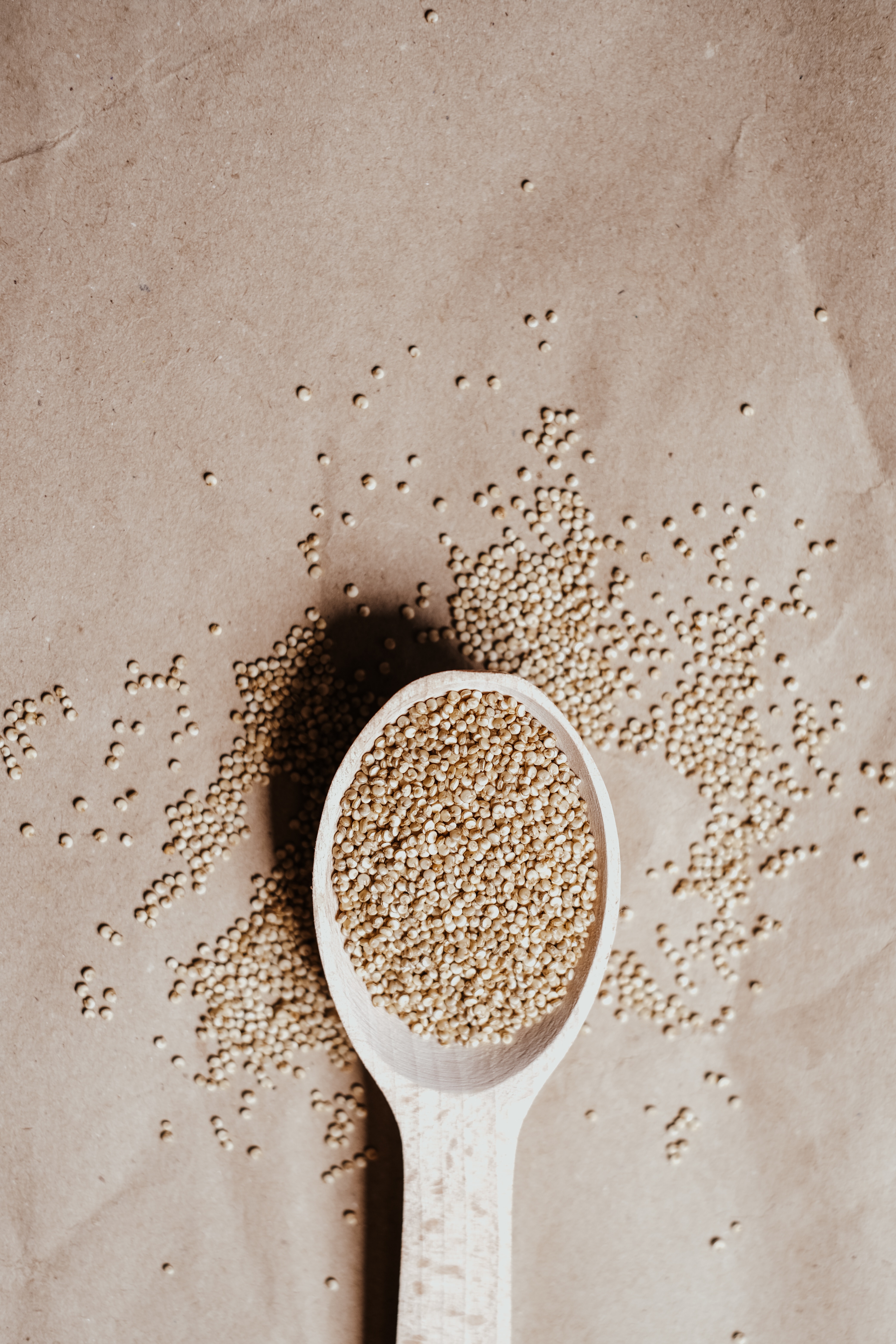
Quinoa
Not only is quinoa high in zinc (providing about 13% of the RDI per cooked cup), but it’s also one of the few plant foods that offer all nine essential amino acids.
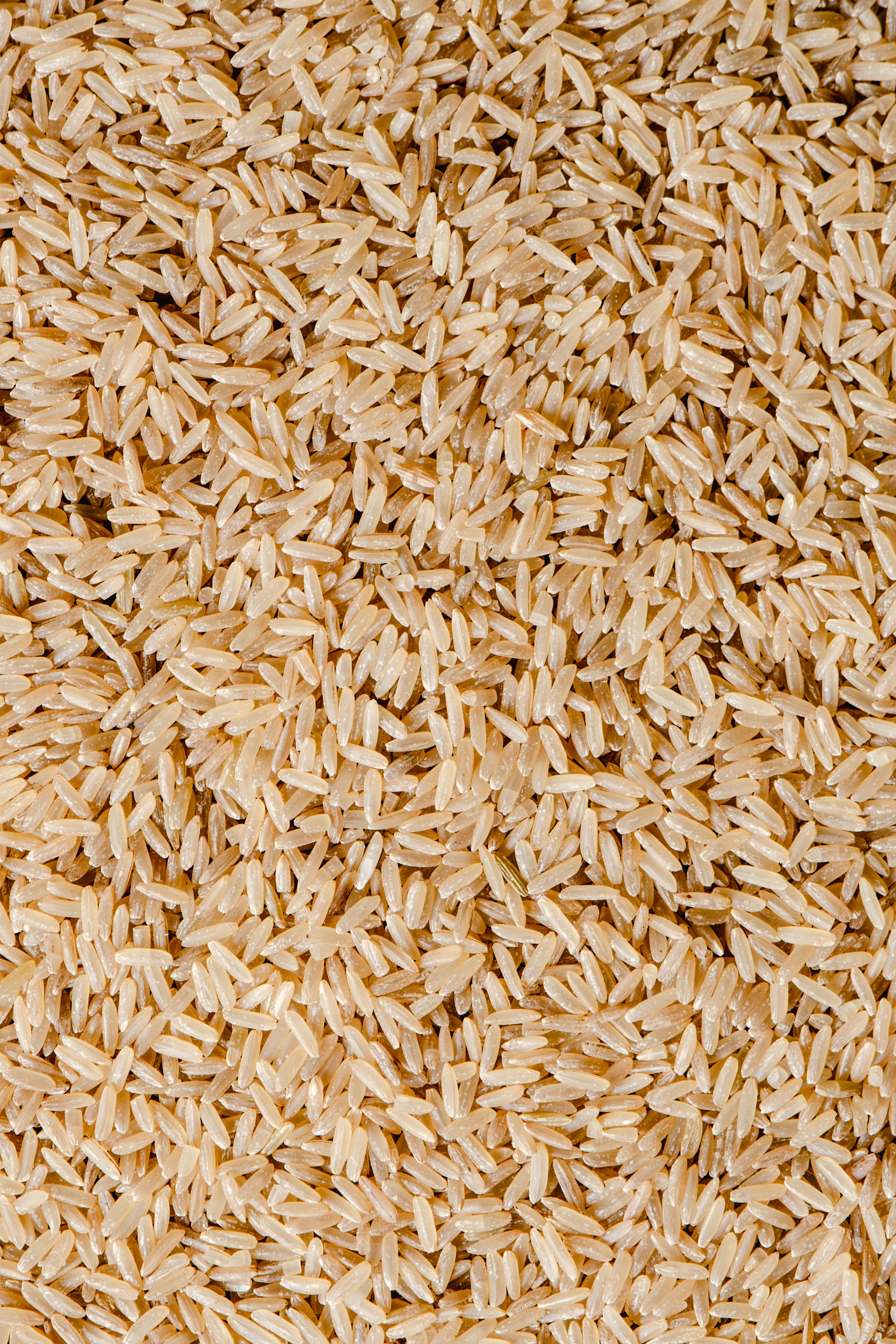
Brown rice
Brown rice contains moderate levels of zinc. One cup of cooked brown rice offers around 8% of the recommended daily intake.
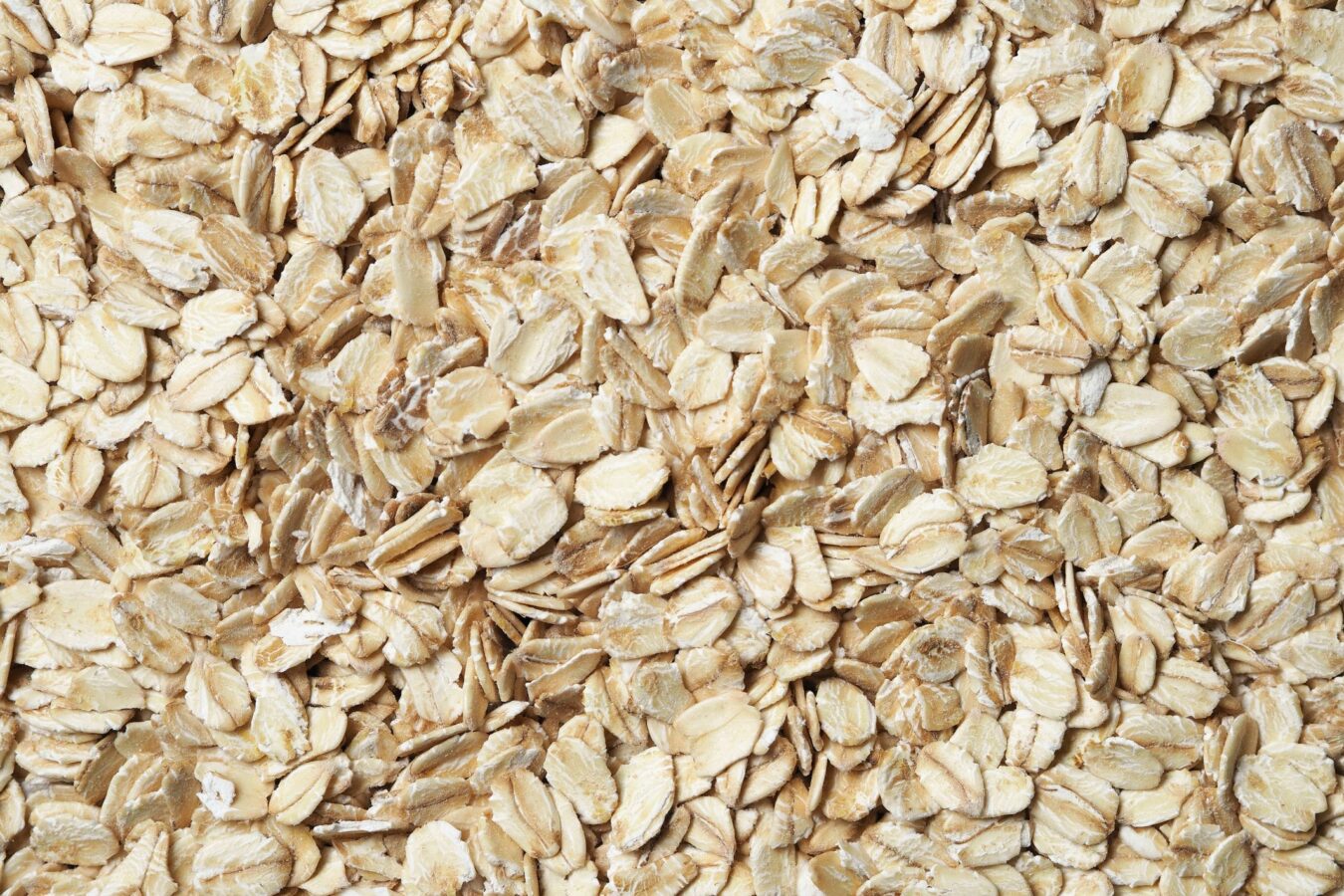
Oats
A cup of cooked oats contains about 20% of the recommended daily intake for zinc, making it a great way to kickstart your day.
Nuts and Seeds
Nuts and seeds are not only rich in heart-healthy fats and protein, but they also pack a powerful zinc punch.
Among nuts, pine nuts, pecans, and brazil nuts are notable for their higher zinc content. Pine nuts offer 1.3mg per 28g serving, while pecans and brazil nuts provide around 0.9mg and 0.7mg per 28g serving, respectively.
They are a convenient snack option and can be easily incorporated into different meals for an added zinc boost.
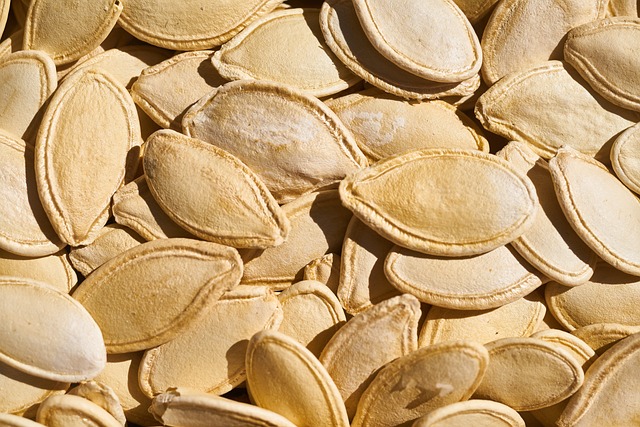
Pumpkin seeds
Just a handful can deliver a significant portion of your daily zinc needs. An ounce of pumpkin seeds contains about 15% of the the recommended daily intake for zinc.
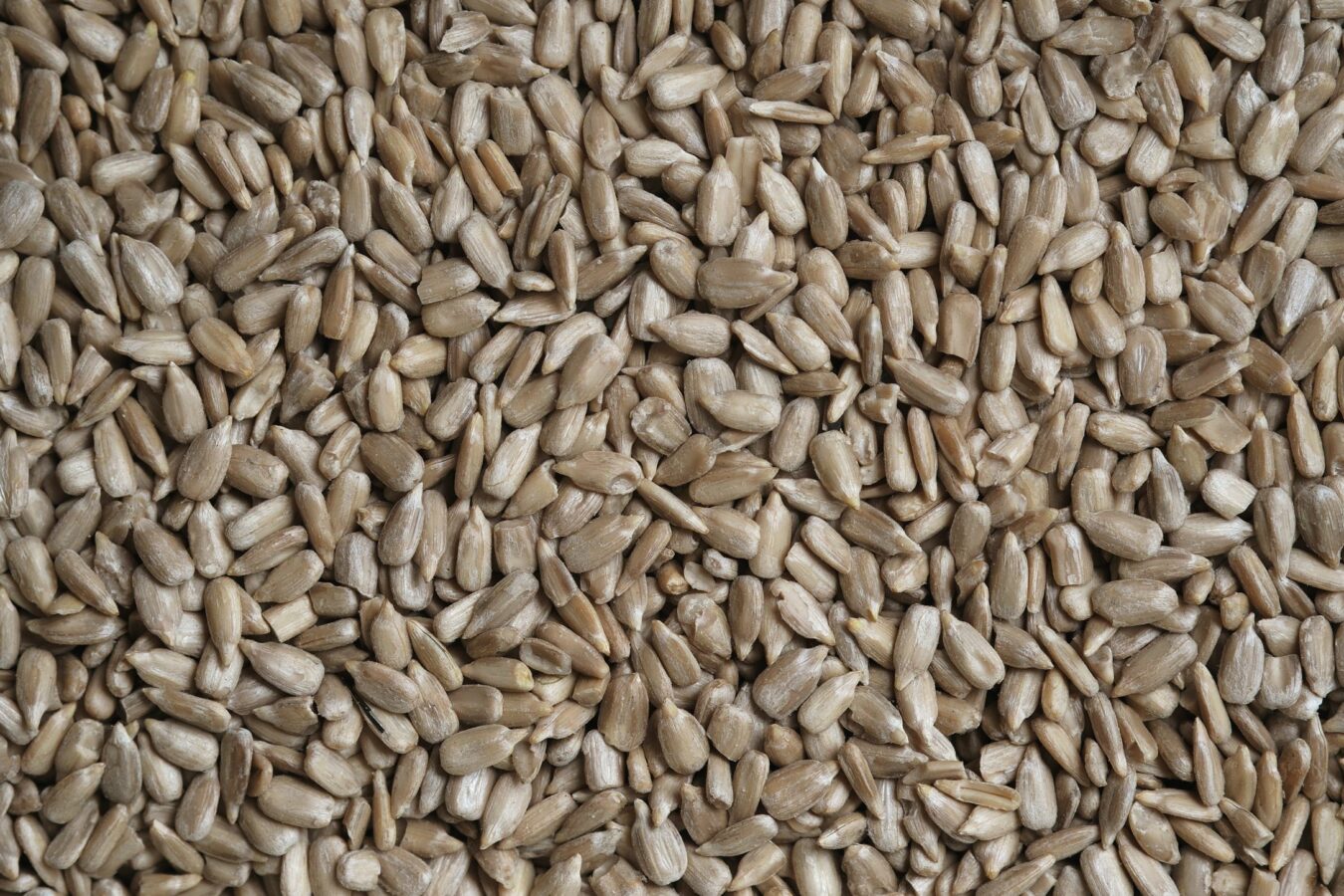
Sunflower seeds
Another great source, with an ounce offering around 10% of the recommended daily intake of zinc.
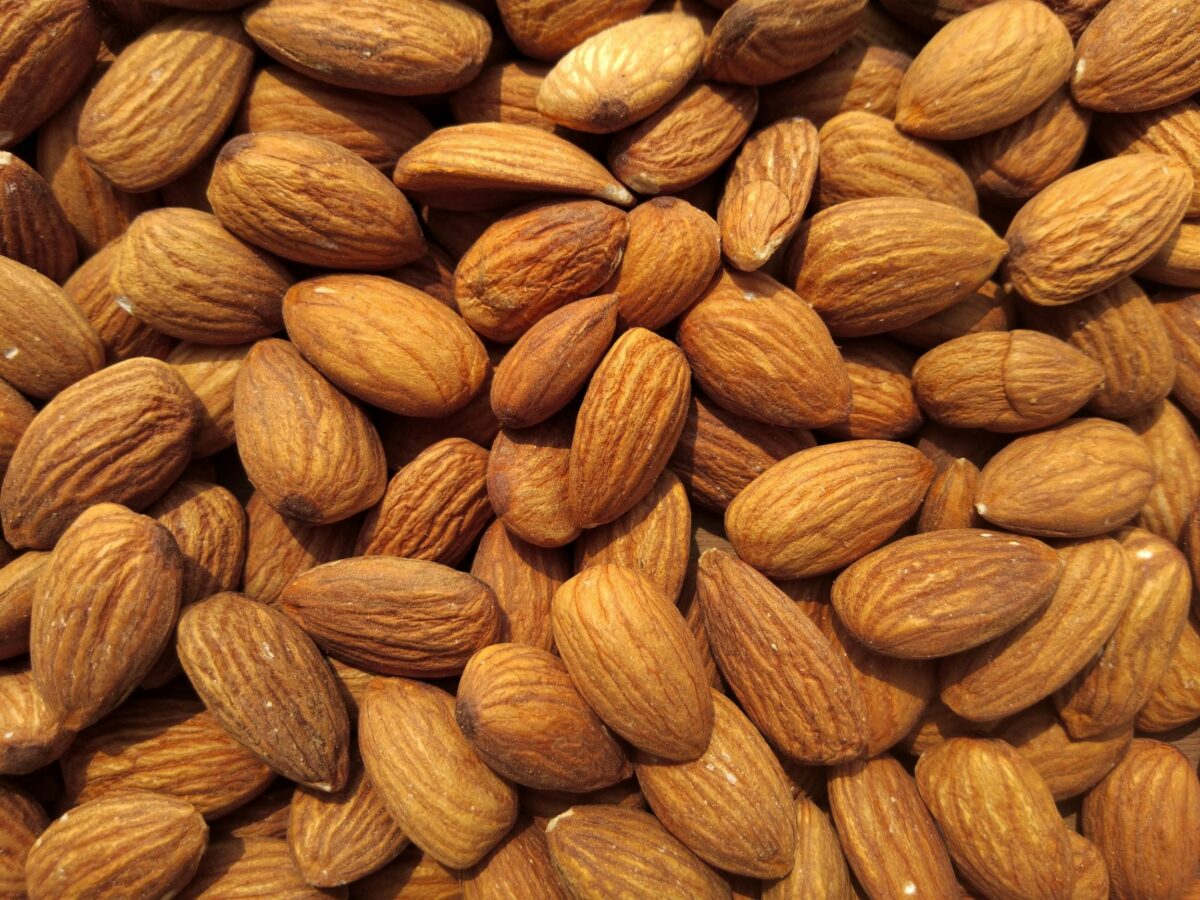
Almonds and Cashews
A quarter cup of these nuts contains roughly 10% of the recommended daily intake of zinc. Cashews can be easily added to stir-fries, salads, and smoothies.
Vegetables and Fruit
While not as high in zinc as some other food groups, certain fruits and vegetables do contribute to overall zinc intake. They also offer many other health benefits due to their high fiber and antioxidant content.
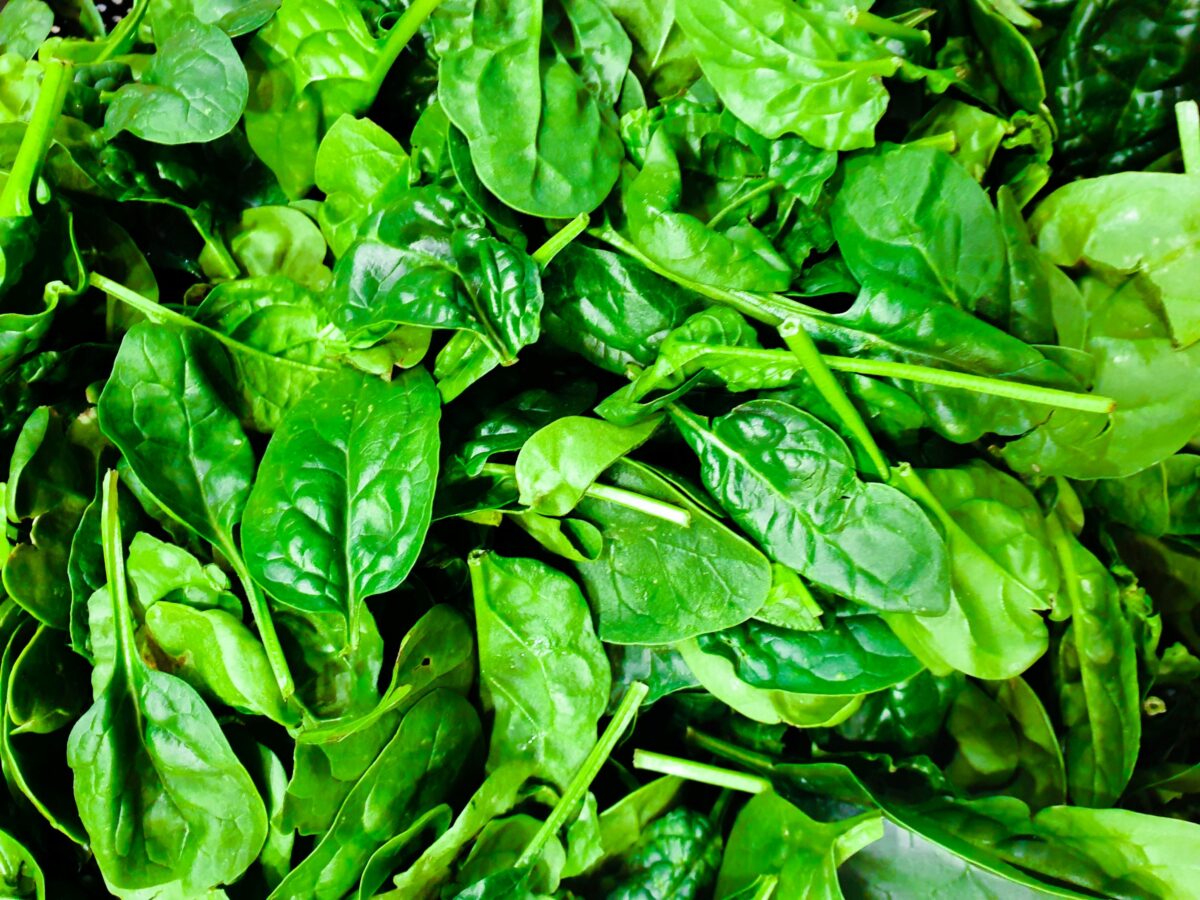
Spinach and Broccoli
These green leafy vegetables may not contain as much zinc as seeds or legumes, but they still contribute to your daily intake.
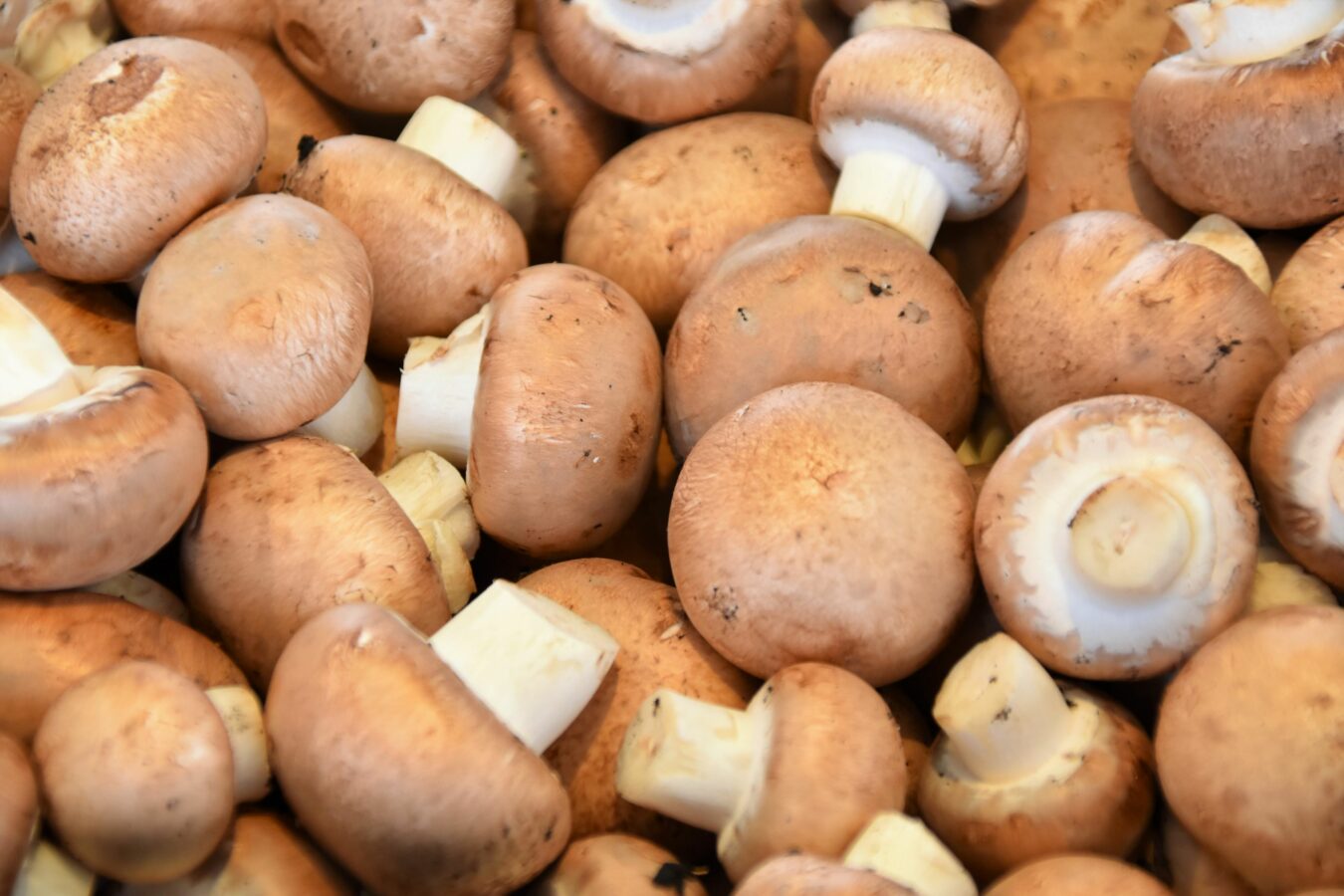
Mushrooms
Certain types, like shiitake mushrooms, are higher in zinc than others.
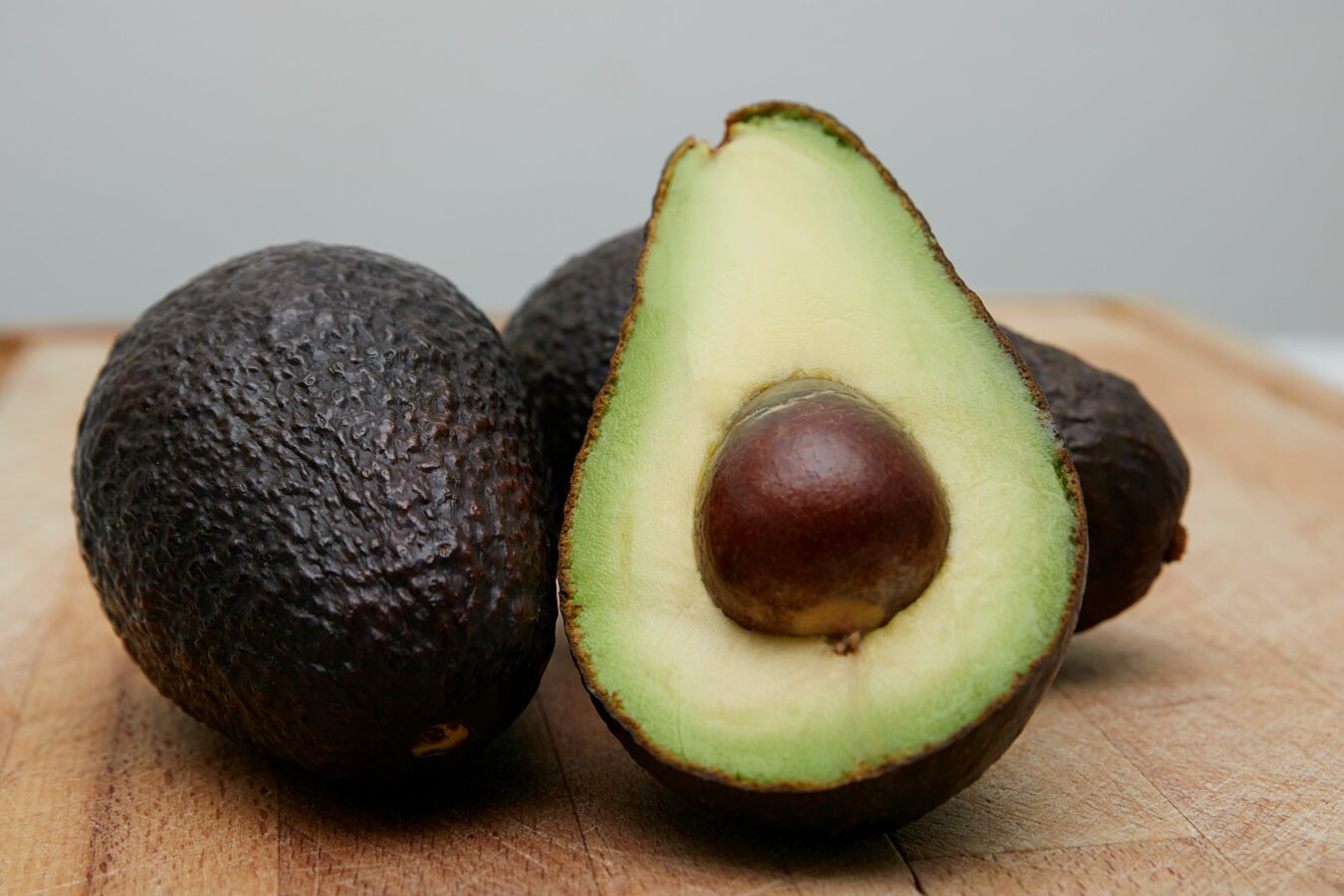
Avocado and Berries
They offer small amounts of zinc but are packed with many other essential nutrients.
Fortified Foods
Several vegan-friendly foods are fortified with zinc to ensure those following plant-based diets meet their nutritional needs. Always check the packaging to determine the exact amount of zinc.
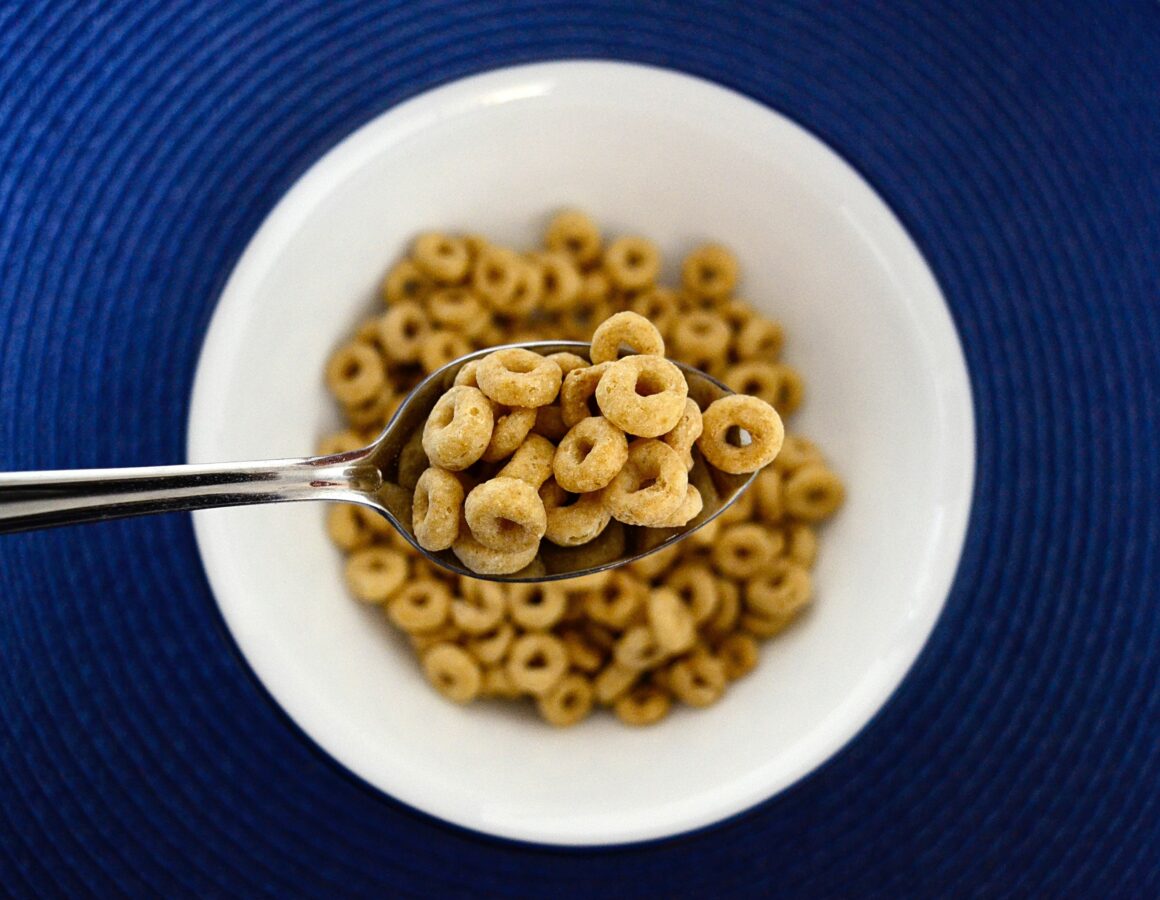
Breakfast cereals
Many are fortified with zinc and can provide up to 100% of the recommended daily intake per serving.
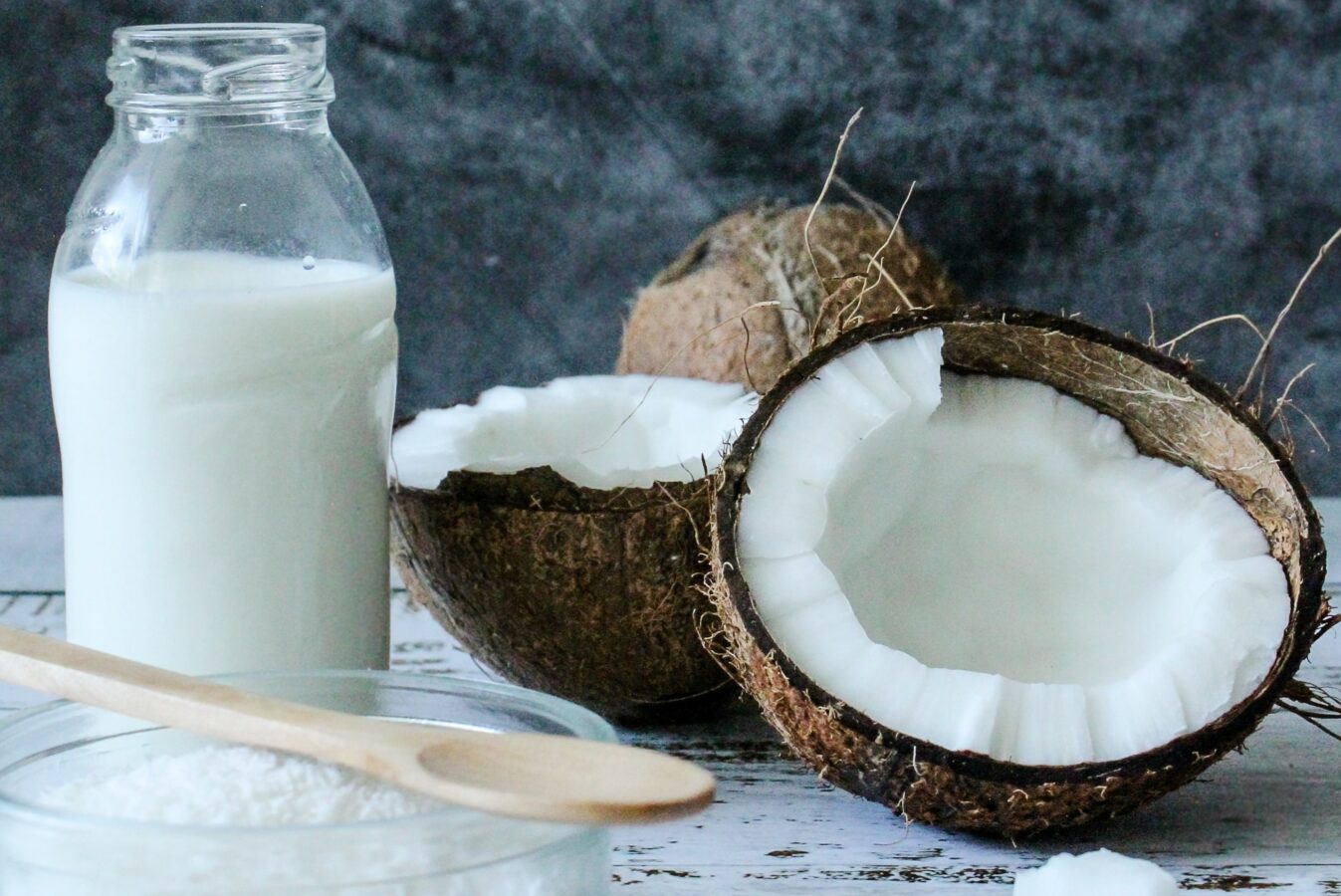
Plant-based milk
Almond, soy, and other plant-based milks often have zinc added during processing.
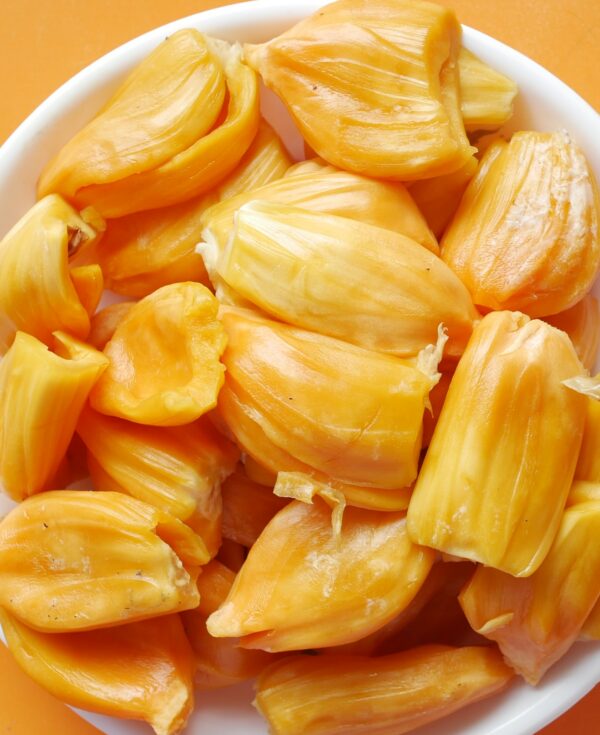
Plant-based meat alternatives
These are a good source of plant-based protein and are often fortified with essential nutrients, including zinc.
See our full list of vegan meat alternatives.
Other Sources of Zinc
Known for it’s distinctive cheesy flavor, nutritional yeast is another impressive source of vegan zinc. Just a small serving of nutritional yeast can provide a substantial amount of zinc, making it a valuable addition to vegan meals to support overall health and well-being.
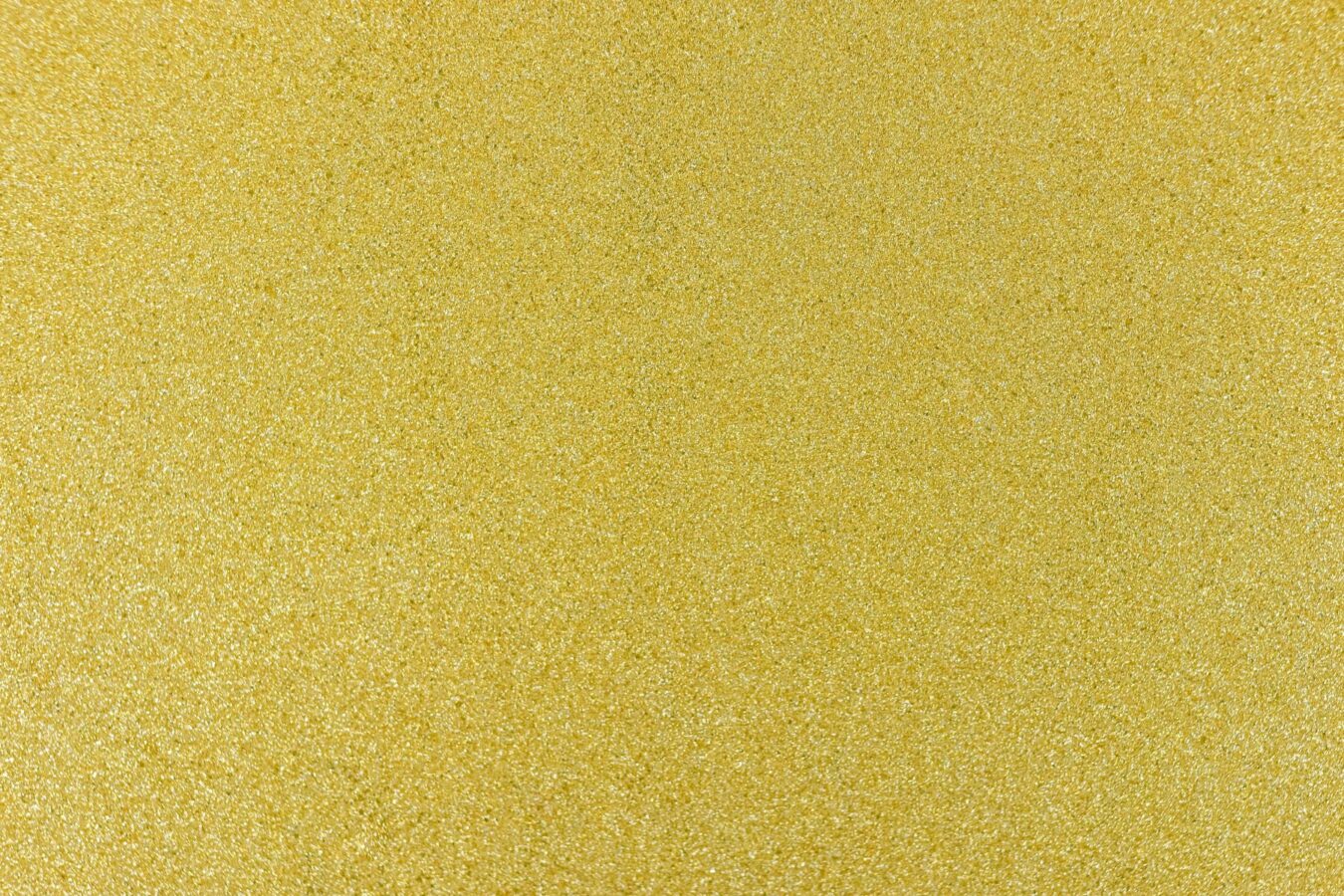
Nutritional Yeast
Nutritional yeast, a staple in many vegan diets, is a deactivated form of yeast often fortified with zinc. It’s a good source of zinc, protein, and B vitamins, including B12. It has a cheesy flavor, making it a great addition to vegan macaroni and cheese, soups, popcorn, and more, while also boosting your daily zinc intake.
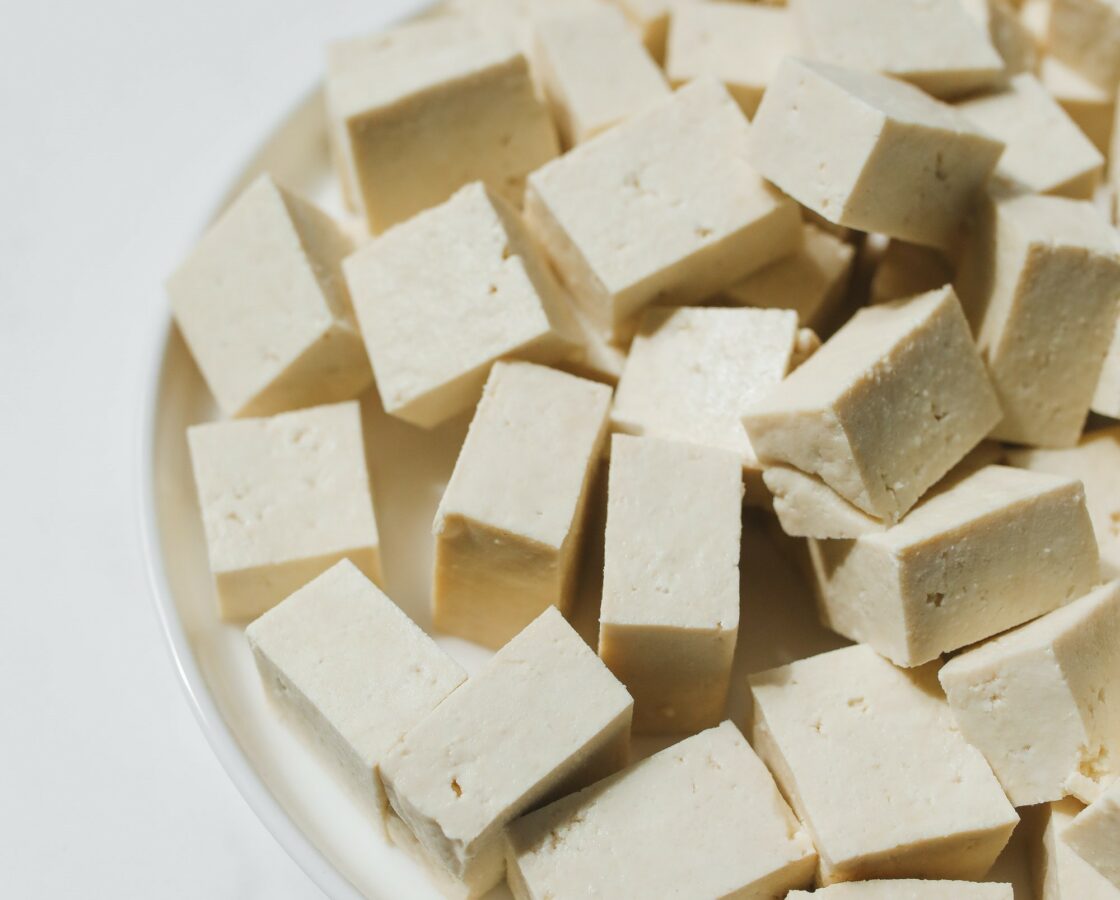
Tofu
Tofu contains around 1.4mg of zinc per 100g serving, making it another alternative vegan source of zinc. It can be used in various dishes, from stand alone fried tofu, to using it as a vegan meat-alternative, to incorporating it into sweet desserts!
Vegan Zinc Supplements
While it’s generally best to get your nutrients from food, sometimes supplementation can be helpful, especially when dietary intake may not meet your nutritional needs.
Vegan-friendly zinc supplements are commonly available and can be a reliable source of this essential trace mineral. They usually come in various forms such as zinc gluconate, zinc citrate, or zinc picolinate.
Taking a zinc supplement can help ensure you’re getting enough of this essential nutrient, especially if your diet lacks zinc-rich foods or has a condition that affects your body’s ability to absorb or use zinc.
However, it’s important to remember that supplements should not replace a balanced, varied diet. High amounts of zinc can interfere with absorbing other important minerals like copper and iron, leading to imbalances. Therefore, always consult a healthcare provider before starting any new supplement regimen. Remember, food first, then supplements as a backup, not a replacement.
How the Body Uses Zinc
Zinc is a crucial trace mineral that the body needs in small amounts regularly. It is involved in various functions, such as protein synthesis, wound healing, DNA synthesis, and cell division. Zinc also plays a vital role in taste perception, normal growth and development during pregnancy, childhood, and adolescence, and is essential for a healthy immune system.
The absorption of zinc happens primarily in the small intestine and can be influenced by the presence of other nutrients. The absorption rate can vary depending on your dietary zinc intake, with a higher absorption percentage when intake is low and vice versa.
It’s worth noting that the human body doesn’t have a specialized storage system for zinc, which is why daily intake is so important.
Nutrients Affecting Zinc Absorption
The bioavailability of zinc can be impacted by certain nutrients in your diet. These interactions can either enhance or inhibit the absorption of zinc.
For instance, proteins can enhance zinc absorption, particularly those found in legumes and whole grains. This is because the amino acids in protein form complexes with zinc, increasing its solubility and absorption. Thus, combining these protein-rich foods with zinc-rich foods can help optimize zinc absorption.
Positive Absorption Interactions
- Vitamin C and Zinc: One significant synergistic interaction is between vitamin C and zinc. Vitamin C, a potent antioxidant, enhances zinc absorption by promoting its release from compounds that inhibit its absorption. This combination can be particularly beneficial in maintaining the antioxidant resources of the brain, supporting synaptic activity and detoxification.
Negative Absorption Interactions
- Copper and Zinc: Zinc and copper are two essential minerals that can negatively affect each other’s absorption when taken together. Copper and zinc compete for the same absorption sites, and a high intake of one can reduce the absorption of the other. Therefore, to ensure proper absorption and benefit from each dietary supplement, it is best to space doses of these products 2 hours apart.
- Iron and Zinc: When consumed in large amounts, iron can inhibit zinc absorption . Taking iron supplements might be a good idea to take them at a different time of day than your zinc supplement to ensure optimal absorption of both minerals.
Given these interactions, it’s crucial to consider your entire dietary intake and supplement regimen and not just focus on individual nutrients. Regarding supplements, it’s always a good idea to consult with a healthcare provider to determine the best regimen for your needs and prevent potential nutrient interactions.
Lifestyle Factors that Impact Zinc Needs
Zinc needs can vary depending on various lifestyle factors and stages of life. Physical activity level, age, pregnancy, and lactation influence the body’s zinc requirements.
It’s worth noting that excessive consumption of alcohol can affect zinc absorption and increase zinc losses from the body. Alcohol interferes with the absorption process in the intestines and can also increase zinc excretion via the kidneys. If you consume alcohol regularly, you may need to pay extra attention to your zinc intake.
Exercise
Physically active individuals may require more zinc compared to less active ones. This is because zinc is critical in energy metabolism and muscle repair, particularly important for those who exercise regularly. Therefore, your zinc needs may be higher if you are an athlete or engage in high-intensity workouts.
Age
Zinc needs change throughout different stages of life. According to the National Institutes of Health (NIH):
- Infants up to 6 months old: 2mg of zinc daily
- Children 7 months – 3 years old: 3mg of zinc daily
- Children 4 years – 8 years old: 5mg of zinc daily
- Children 9 years – 13 years old: 8mg of zinc daily
- Adolescent Boys 14 – 18 years old: 11mg of zinc daily
- Adolescent Girls 14 – 18 years old: 9mg of zinc daily
- Adult Men 18+ years old: 11mg of zinc daily
- Adult Women 18+ years old: 8mg of zinc daily
Pregnancy and Lactation
The body’s demand for zinc increases during pregnancy and lactation to support the growing baby’s development and breast milk production.
- Pregnant women aged 19 years and above need 11mg of zinc daily
- Lactating women aged 19 years and above need 12mg of zinc daily
It’s important to note that these are general guidelines, and individual needs can vary. Always consult with a healthcare provider to determine your specific nutritional needs. If you follow a vegan diet, it’s crucial to ensure you consume enough zinc-rich foods or consider supplementation if necessary.
Tips for Meeting Zinc Needs on a Vegan Diet
Ensuring an adequate zinc intake in a vegan diet may seem challenging, but it can certainly be achieved with thoughtful meal planning and food choices. Here are some tips to help you meet your zinc needs.
Regularly Incorporate Zinc-Rich Foods into Your Diet
Regularly consume a variety of legumes, nuts, seeds, and whole grains, all of which are excellent sources of zinc. Quinoa, lentils, chickpeas, pumpkin seeds, cashews, and hemp seeds are just a few options. Remember that sprouting, fermenting, and soaking plant foods can help to enhance zinc absorption by reducing phytic acid content.
Utilize Fortified Foods
Consider incorporating fortified foods into your diet. Many plant-based milks, breakfast cereals, and meat alternatives are fortified with zinc. Always read the label to see if zinc has been added.
Diversify Your Diet
A varied diet is a key to ensuring you get enough zinc and other essential nutrients. Include a variety of vegetables, fruits, legumes, whole grains, nuts, and seeds in your meals throughout the week.
Consider a Vegan-Friendly Zinc Supplement
If you’re finding it difficult to meet your zinc needs through diet alone, or if you’re in a life stage that requires higher zinc such as pregnancy, lactation, or adolescence, consider taking a vegan-friendly zinc supplement. Always consult with a healthcare provider before starting any new supplement regimen.
Combine Zinc with Vitamin C
Consider pairing zinc-rich foods with foods high in vitamin C, as it can boost zinc absorption. This could be as simple as having a glass of orange juice with whole-grain toast or adding strawberries to your morning cereal.
Remember, while meeting your zinc needs is important, it’s equally crucial to maintain a balanced diet that provides all essential nutrients. Always strive for a varied and balanced vegan diet, and consult with a nutritionist or dietitian for personalized advice.
FAQ
Why is zinc important for vegans?
Zinc plays various roles in maintaining health and well-being throughout the body. It’s involved in numerous physiological functions, acting as a catalyst for over 300 enzymes involved in metabolism, digestion, nerve function, and many other processes.
Despite its importance, sourcing sufficient amounts of zinc on a vegan diet can be challenging due to the lower bioavailability of zinc from plant-based foods. However, a well-planned vegan diet can provide you with all the necessary zinc.
What are common signs of zinc deficiency in vegans?
Zinc deficiency symptoms in vegans may include hair loss, nail changes, gut issues, irritability, appetite and weight loss, vision problems, and delayed healing.
What vegan food is highest in zinc?
Some fortified foods such as breakfast cereals can provide up to 100% of the daily value of zinc per serving.
Tofu, lentils, and pumpkin seeds also have some of the highest amounts of zinc per serving.
